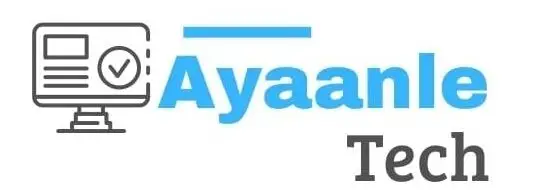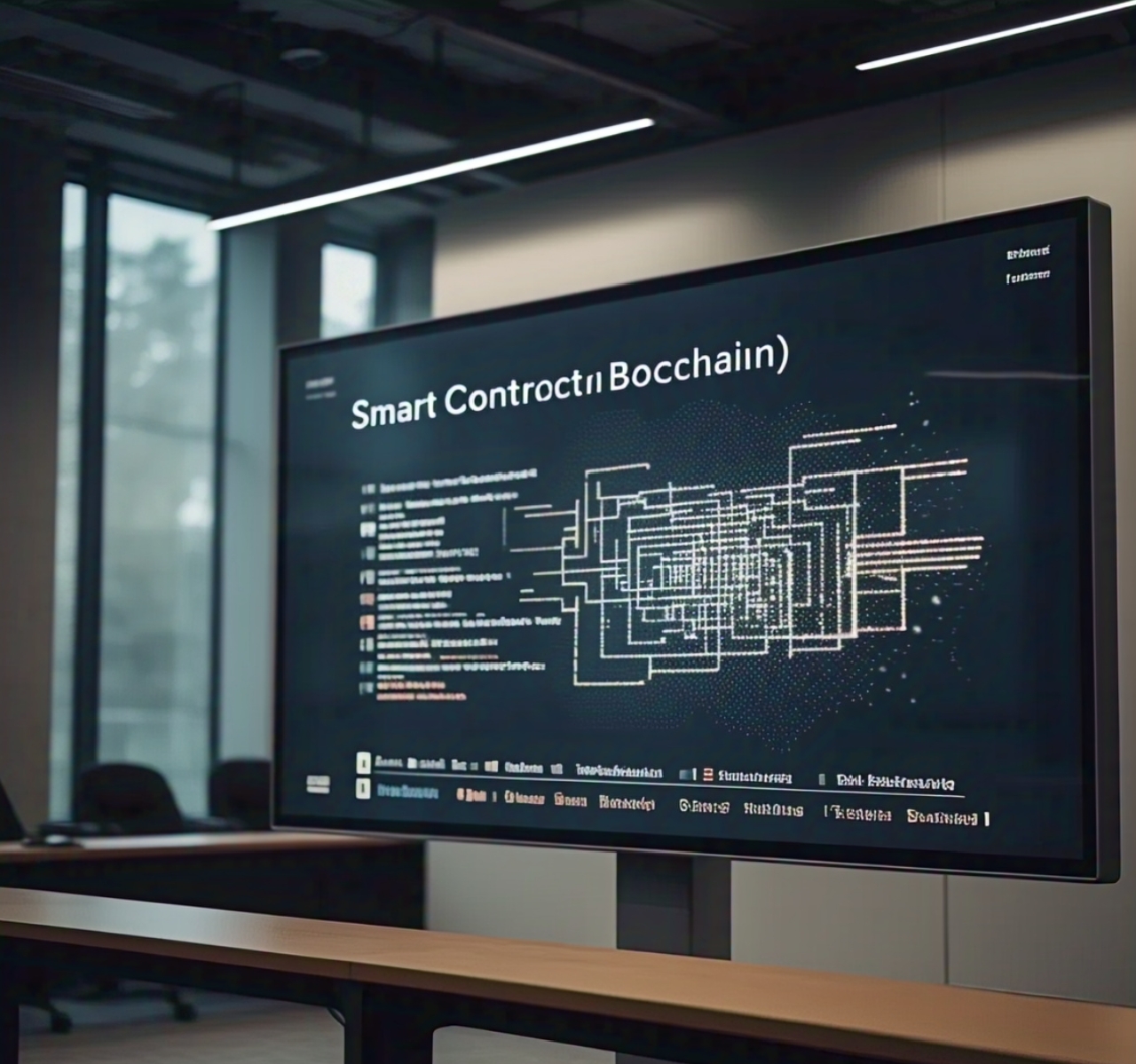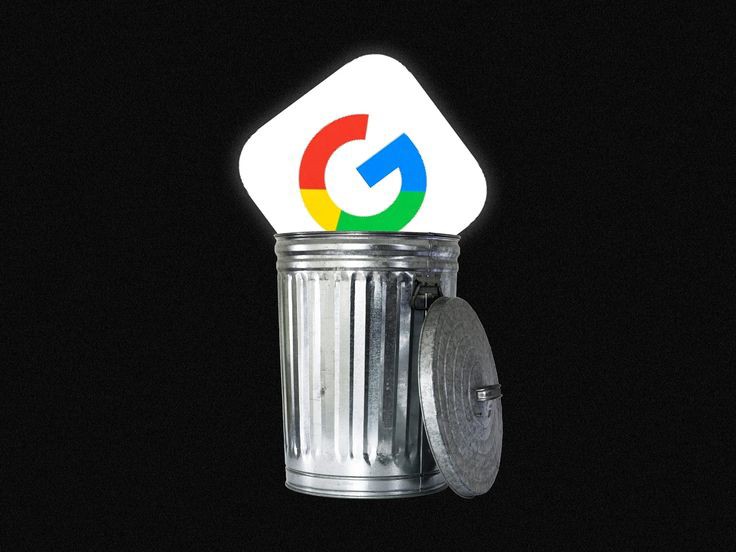Intelligent contracts are natural programs that automate the execution, execution, and management of contracts between parties. Works with blockchain technology to ensure transparency, security and decentralization. Here’s a detailed explanation of what it is, how it works, and its main features: What is an Intelligent Contract? Intelligent contracts are executed in blockchain code. It contains predefined rules and conditions, and if they are met, it automatically triggers certain actions (such as submitting funds, updating data records). In contrast to traditional contracts, blockchain ensures trust and execution, ensuring intelligent contracts do not require intermediaries such as lawyers and banks. How does an Intelligent Contract work? 1. Terms of Contract: – The parties define terms of the contract. – These Terms are translated into code and programmed with intelligent contracts. The provision of intelligent contracts is provided on blockchain platforms (e.g. Ethereum, Binance Smart Chain, Solana). Trigger Conditions: – Intelligent contract is waiting for certain conditions to be met (for example, payment, date, or event has been checked). Perform: – If the conditions are met, the contract automatically performs predefined actions (for example, release funds, transfer assets, or update datasets).
Thank you for reading this post, don't forget to subscribe!5. Automation: – Smart contracts run automatically when conditions are met, eliminating the need for manual intervention. 2. Decentralized: – Runs on a blockchain. This means that a single company does not manage the contract and all participants have the same access.
3. Transparency: – The terms and execution of the contract are visible to all parties to ensure trust and accountability.
4.5. 6. Cost Efficiency: -It-Intelligent contracts reduce costs and processing times by interpretation (financement for lawyers, banks, etc.: – Automatic payments, loans, claims. Suppliers: Product tracking and compliance at all stages. Voting: – Safe and transparent elections. -Example: Contracts count and declare results without operations. Games manage games and rewards. Healthcare: Safety data between licensed parties. The customer begins to fund the contract.
2. Freelancers work.
3. Customers check their work.
4. As soon as the contract is confirmed, the contract automatically gives the freelancer a payment. Accuracy: Automated processes reduce errors.
Intelligent contractual issues 1.2.3. V. Provides transparency, efficiency and reliability, ensuring a wide range of applications. However, there are also challenges such as complexity and scalability that need to be addressed for a wider introduction.














